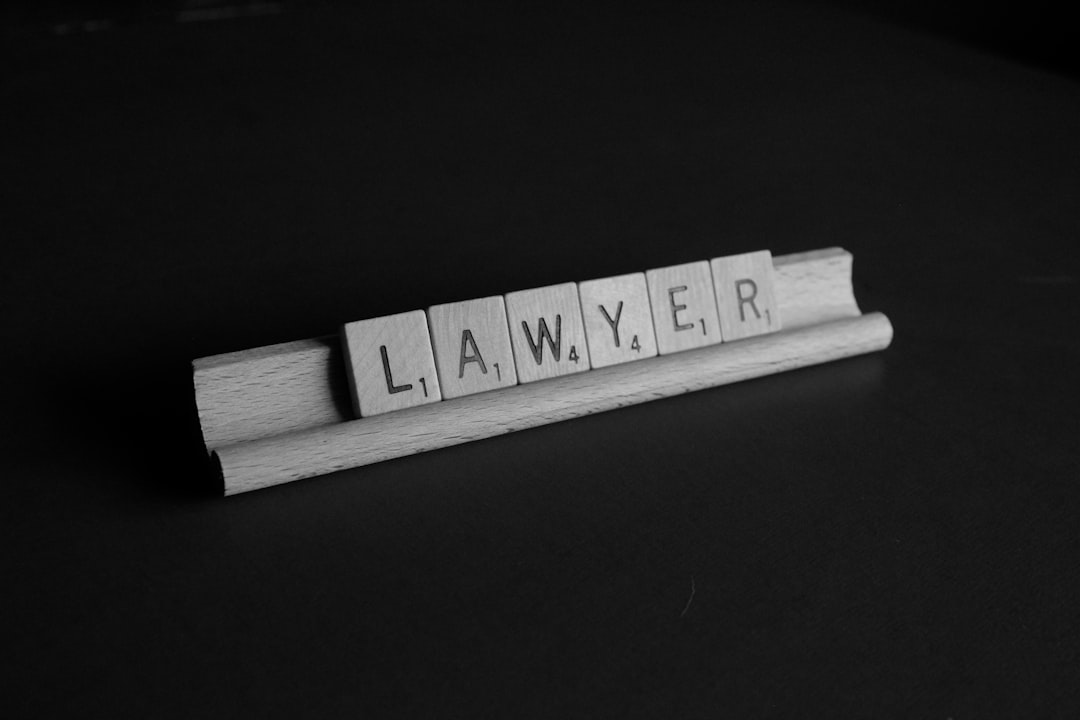Wisconsin law protects consumers from debt collector harassment. Harassment includes repeated calls, threatening language, and false statements. Consulting a qualified debt collector Attorney Wisconsin helps understand rights and take legal action if needed to recover damages. Evidence of communication and filing a complaint with WDFI are crucial first steps.
In Wisconsin, understanding your rights against debt collector harassment is crucial for protecting your financial and personal freedoms. This article guides you through the legal landscape, helping Wisconsin residents navigate debt collection practices and explore available remedies. We delve into state-specific laws designed to safeguard consumers from aggressive or unfair tactics. If you’ve been a victim of debt collector harassment, learn about the steps to take, including consulting a debt collector attorney in Wisconsin, to seek justice and reclaim your peace of mind.
Understanding Debt Collector Harassment Laws in Wisconsin

In Wisconsin, debt collector harassment is taken seriously under state laws that protect consumers from unfair and abusive practices. If you feel that a debt collection agency or individual has crossed the line with harassing behavior, understanding your legal rights is crucial. A debt collector Attorney in Wisconsin can guide you through these laws, ensuring that your rights are respected and any violations are addressed promptly.
Wisconsin Statute 134.05 provides clear guidelines on what constitutes harassment, including repeated calls, threatening language, or using false or misleading statements to collect a debt. If a debt collector engages in such conduct, individuals affected have the right to take legal action for damages, including actual and punitive costs. Consulting with a qualified debt collector Attorney in Wisconsin can help you determine if you have a case and explore the best course of action to stop harassment and recover any losses incurred.
Legal Rights of Consumers: Debtor Protection Measures

In Wisconsin, consumers have robust legal rights when it comes to dealing with debt collector harassment. The state has strict regulations in place to protect debtors from unfair and abusive practices by collection agencies. According to the Wisconsin Department of Financial Institutions, debt collectors must adhere to specific guidelines, including refraining from using threatening or coercive language, making false statements about a debtor’s liability, or engaging in repeated unwanted contact.
If you’re facing harassment from a debt collector in Wisconsin, consulting with a qualified debt collector attorney is crucial. Legal experts can help you understand your rights and take appropriate action. They can file complaints with the Wisconsin Department of Financial Institutions or even initiate legal proceedings against the debt collector if necessary, ensuring that you receive fair treatment throughout the process.
Seeking Justice: Steps to File a Complaint Against Debt Collectors

If you believe you’ve been subjected to debt collector harassment in Wisconsin, it’s crucial to take action to protect your rights. The first step is to gather evidence—document any phone calls, emails, or letters from the debt collector, note dates, times, and content, and keep records of all communications related to the debt. This documentation will be essential when filing a complaint.
Next, consider seeking legal counsel from a qualified debt collector attorney in Wisconsin. They can guide you through the process of filing a complaint with the Wisconsin Department of Financial Institutions (WDFI), which regulates debt collection practices within the state. Additionally, they can help determine if the debt collector has violated any federal laws, such as the Fair Debt Collection Practices Act (FDCPA), and assist in pursuing legal remedies, including damages for harassment and other violations.






